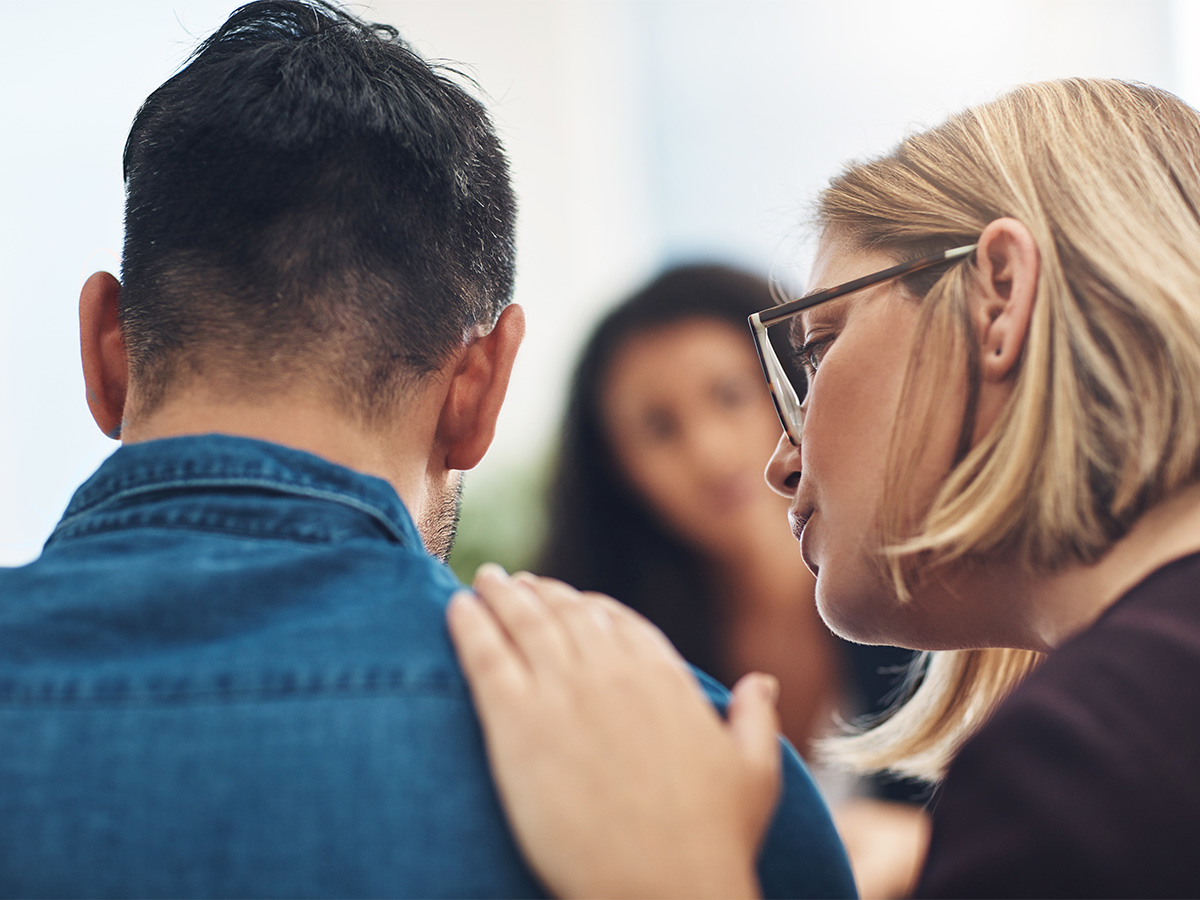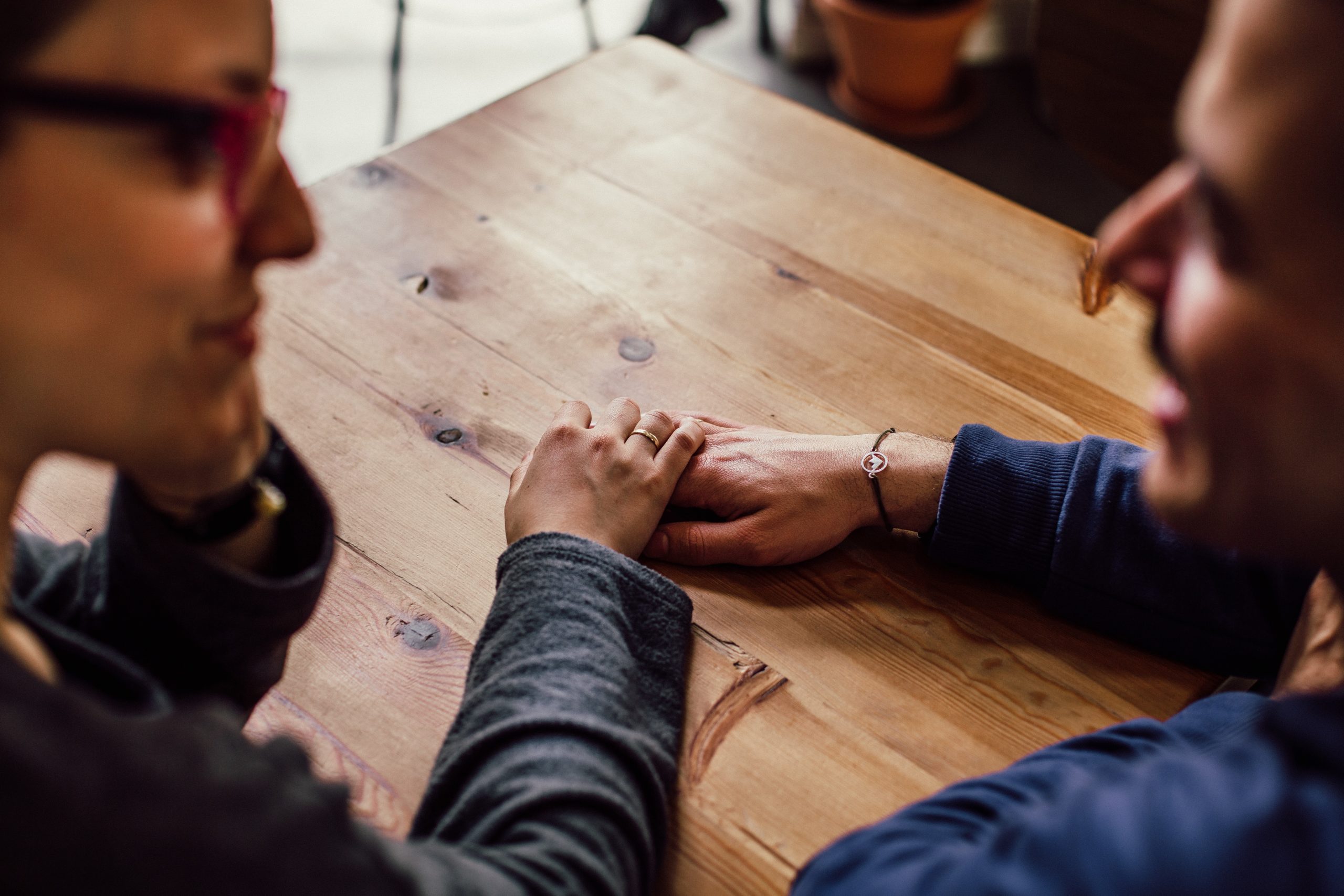Many survivors find relationships challenging. Trauma, violence and abuse can damage relationships within families of origin or other domestic arrangements. Some survivors are estranged from their families for this reason. Others, abused as children, grew up without their family. Many survivors grew up without a strong bond to their caregiver/s or parents.
Many survivors were not believed or were blamed for what happened. They were betrayed and find it hard to trust.
This can make it hard to have close relationships of any sort, including friendships and intimate relationships. Prior trauma doesn’t only affect family relationships. It can also affect those with partners and friends. It can also affect parenting of their own children.
Many survivors become fiercely independent, withdraw easily and avoid social contact. Other survivors become clingy or can be demanding. Some learn to disclose frequently, and sometimes to people who are not close or trustworthy; others become people pleasers. All of these ways of being are reactions to trauma experiences, especially when those experiences were in childhood.







